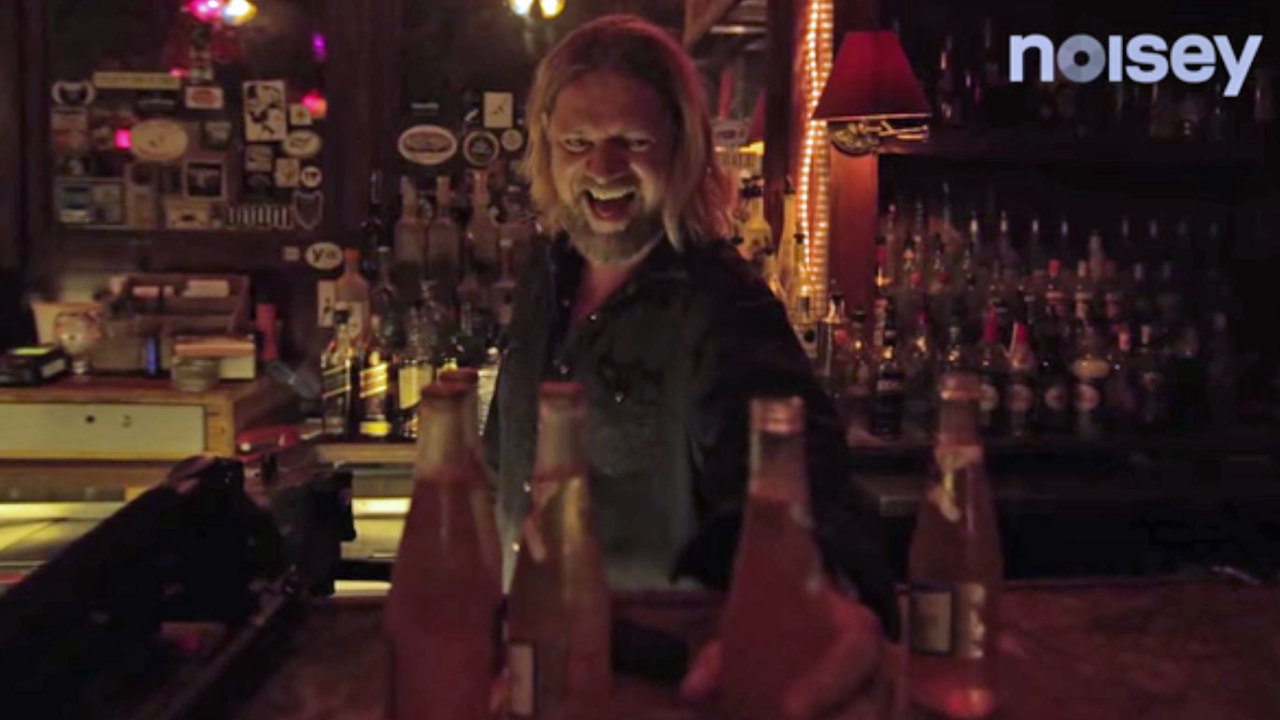Pepper Keenan says the New Orleans influence he brought to Corrosion Of Conformity's music made him "feel alive" and marked a turning point in his career.
The New Orleans native joined COC when they were a fixture in the New York hardcore scene and he says the “slippery, greasy” guitar sound of his hometown made the band more punk rock than they had ever been.
Keenan features in episode five of NOLA: Life, Death & Heavy Blues From The Bayou – a series investigating the city’s heavy metal scene.
He was snapped up by COC in 1989 after making his name with New Orleans group Graveyard Rodeo.
He says: “COC were looking for a singer and that was a huge turn in my life. I had the opportunity and I ran with it. The New Orleans guitar playing style I had learned from Graveyard Rodeo came in handy when I jumped into that.
“When we wrote a song called Albatross, COC was so ingrained in the New York hardcore scene, playing a Sunday matinee at CBGB’s and shit. We wrote Albatross and we though these motherfuckers were going to kill us.
“I felt more punk rock writing that shit from the world we were in, I felt like we were really putting our dick on the chopping block. That was the turning point for me. When I could get to the point that you were pissing off your own scene, it made you feel alive.”
Keenan – who is currently estranged from COC and is a member of Phil Anselmo’s Down – owns a bar in New Orleans and says the city is one of the most resilient places in America.
He adds: “For the most part, New Orleans is in a pretty good stride right now. You gotta figure New Orleans has been around so fucking long and it’s had yellow fever, civil war, it’s had hurricanes. But it always keeps bouncing back. I think it’s the spirit of the place – people are just fucking hard-headed and just enjoy life.
“The main part of the New Orleans sound is that it’s loose, slippery. A lot of that came from some odd places. In the early days I was in a band called Graveyard Rodeo and we had this weird guitar thing. A couple of riffs that were slippery and greasy. Being behind the beat was something we used to do to be as un-metal as possible if that makes sense.”
